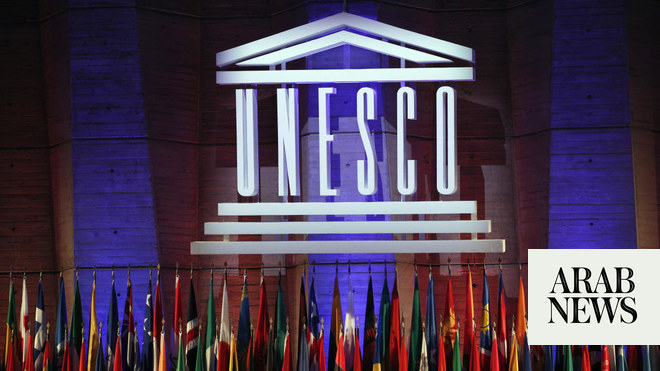
For the past two months, Moussa has been refraining from paying his dues to one of the Lebanese banks as a response to measures by banks that prevented people from withdrawing their money in dollars and set a 200 US dollar weekly limit on withdrawals.
Moussa told Asharq Al-Awsat that the “payments due for my loan are in dollars, and if I wanted to pay them, I would have to convert to dollars in the market at a 2,000 LBP rate for one dollar which would mean I would incur losses that I cannot afford right now.”
Hussein, like Moussa, confirmed that he and his family and friends are doing the same.
Hussein added: “We will pay our dues once the banks release people’s money and when they reschedule the due payments and cancel our delay fees.”
This has pushed many Lebanese to worry about the consequences of this abstinence, with a big part of them paying their monthly dues. Paying is no longer an option for thousands of Lebanese who have lost their jobs.
An alliance of different groups, including the National Alliance and Popular Monitor, will hold a protest in front of the Banking Association in Downtown Beirut next Thursday. According to lawyer Ali Abbas, they will commence a campaign against paying debts to banks in response to the limits that banks have imposed, as a show of solidarity with those unable to pay and to protect them against any arbitrary measures.
Abbas denies any legal consequences on borrowers for abstaining. He explains that it is a response to illegal measures taken by banks that are not supported by any explicit legal text, especially that the Code of Currency and Credit did not mention anything of the sort.
“Banks have relied on stipulations by the Banking Association, a private association that does not mediate the relations between citizens and banks but banks among themselves and with the state. Consequently, in these exceptional circumstances in the country, and given the illegal measures taken by banks, the latter cannot consider all payments due,” he added.
Expert economist Dr. Jassem Ajaqa distinguishes between two groups of people: those incapable of paying their dues and a growing second group of people that are not paying out of disobedience even if they could.
He told Asharq Al-Awsat that “the second group would have dire consequences on the economy in Lebanon. Bank revenues will definitely recede.”
He added that “the main problem is those who are not paying their debts and are storing their money at home, outside of the economic circle. This will hurt the economy as a whole. If this group of people grows, we will head to a huge crisis.”
Activists have launched a hashtag, #NotPaying, to call Lebanese people not to pay their taxes and bills as a form of escalation to pressure the authorities to meet the demands set by the people who took to the streets on October 17 to rally against the entire ruling class.












